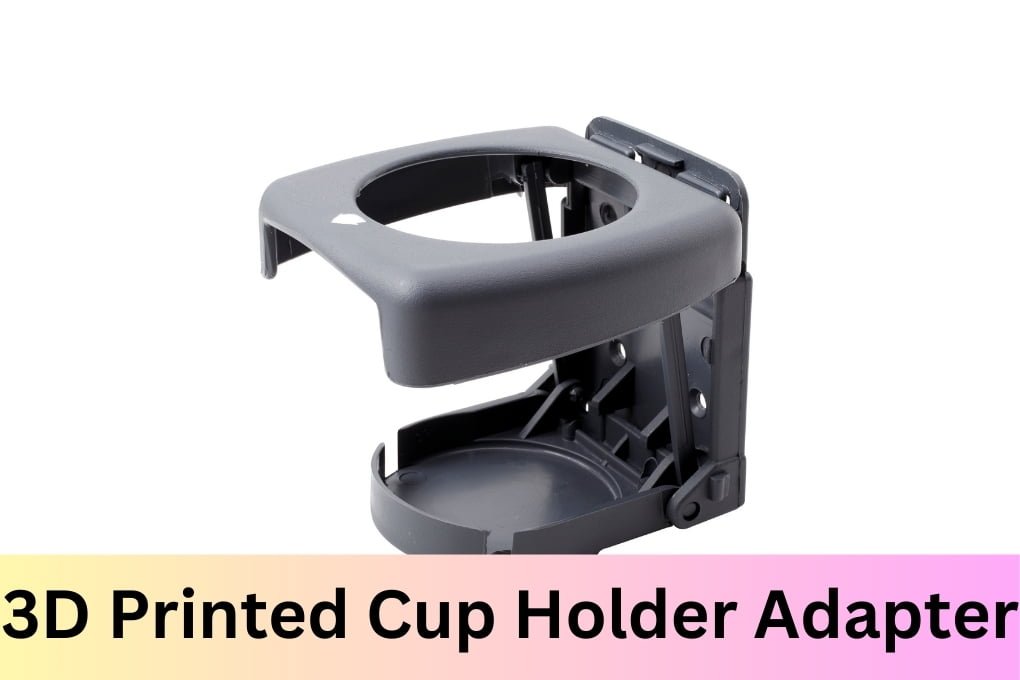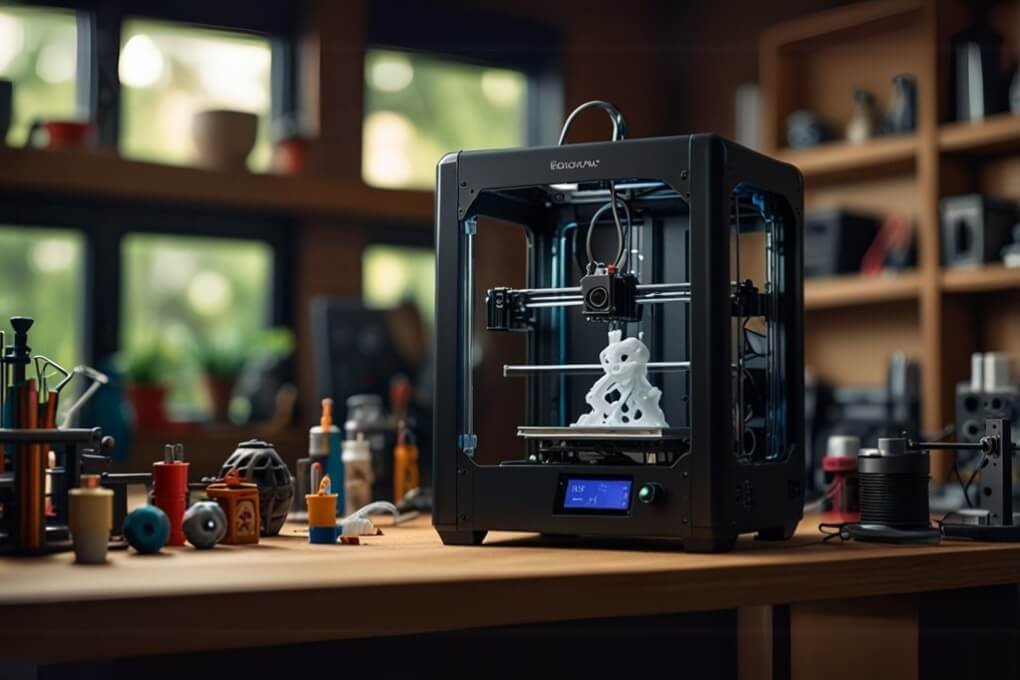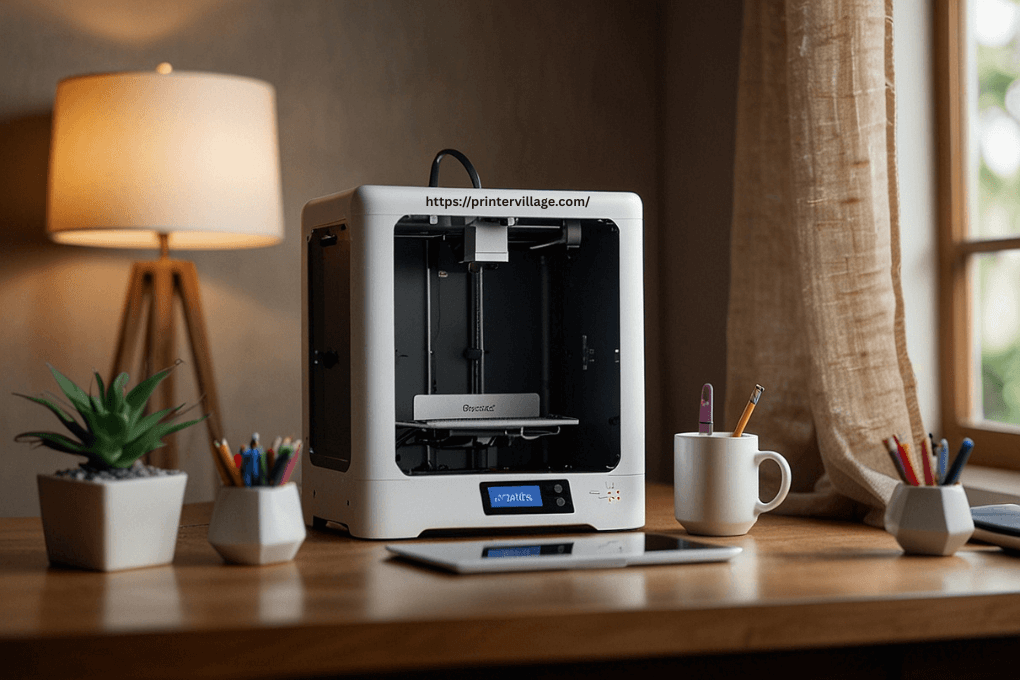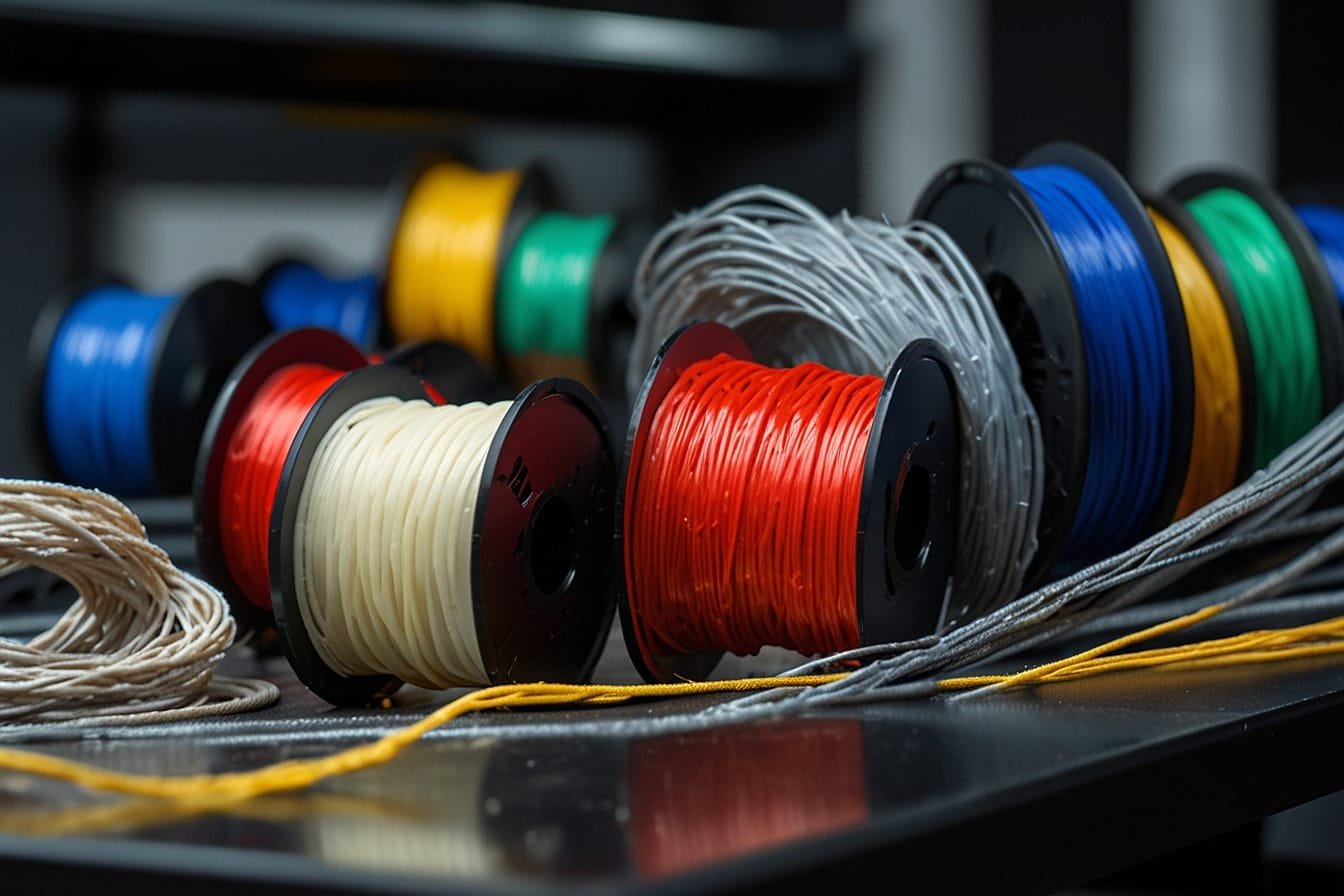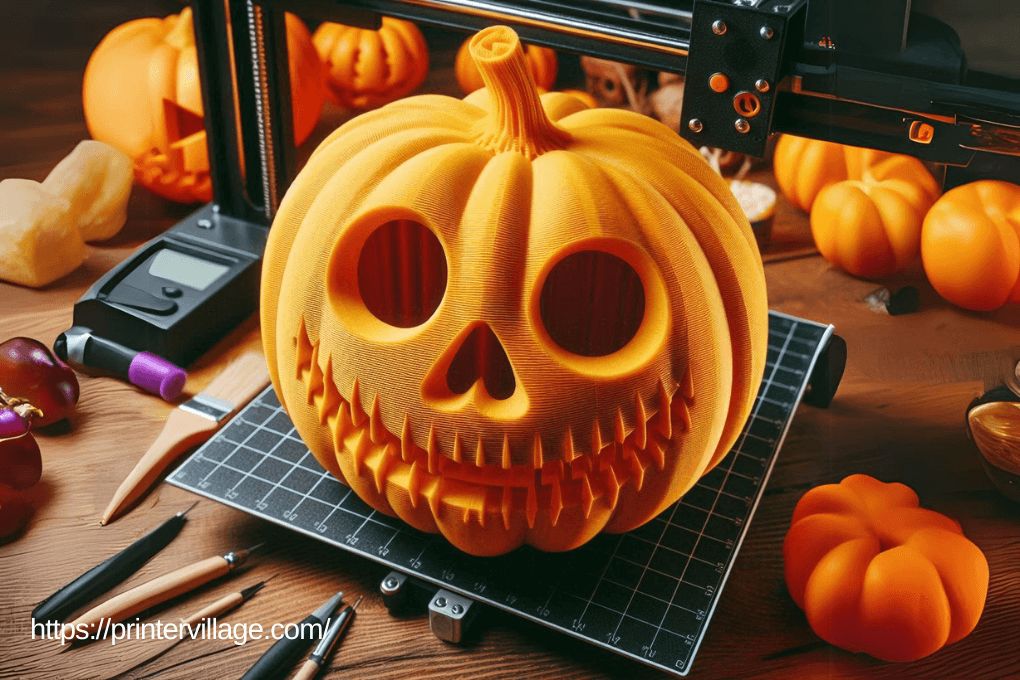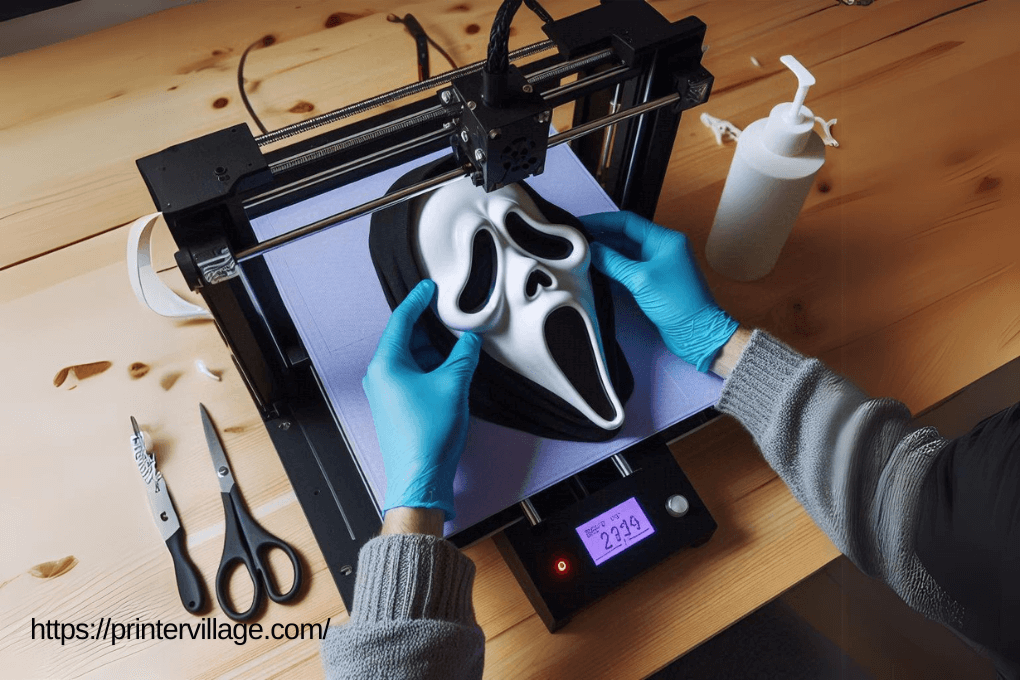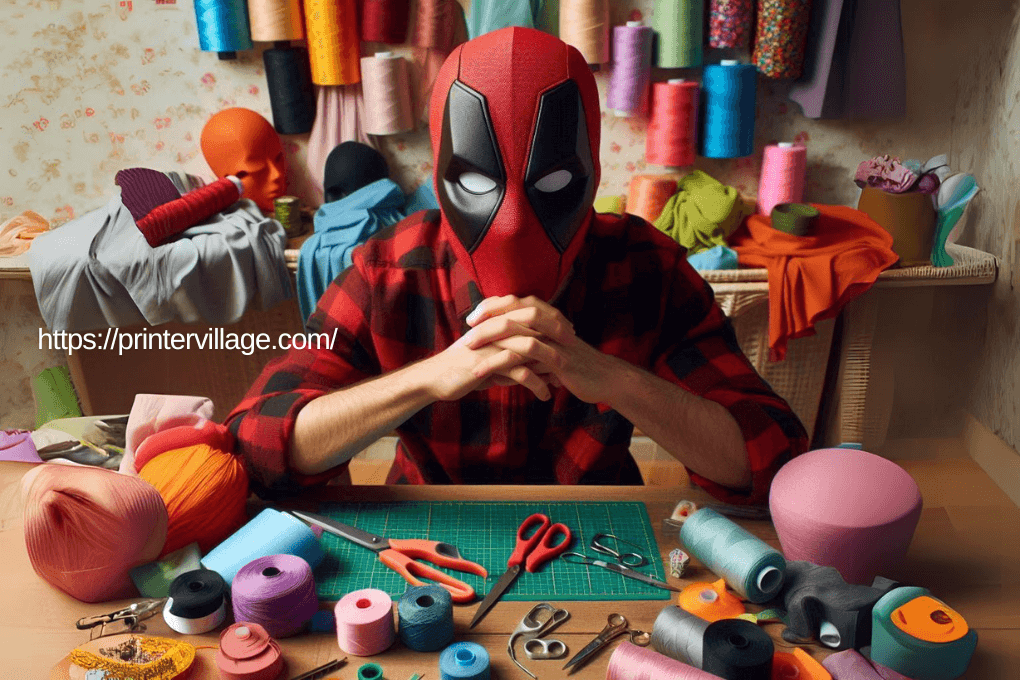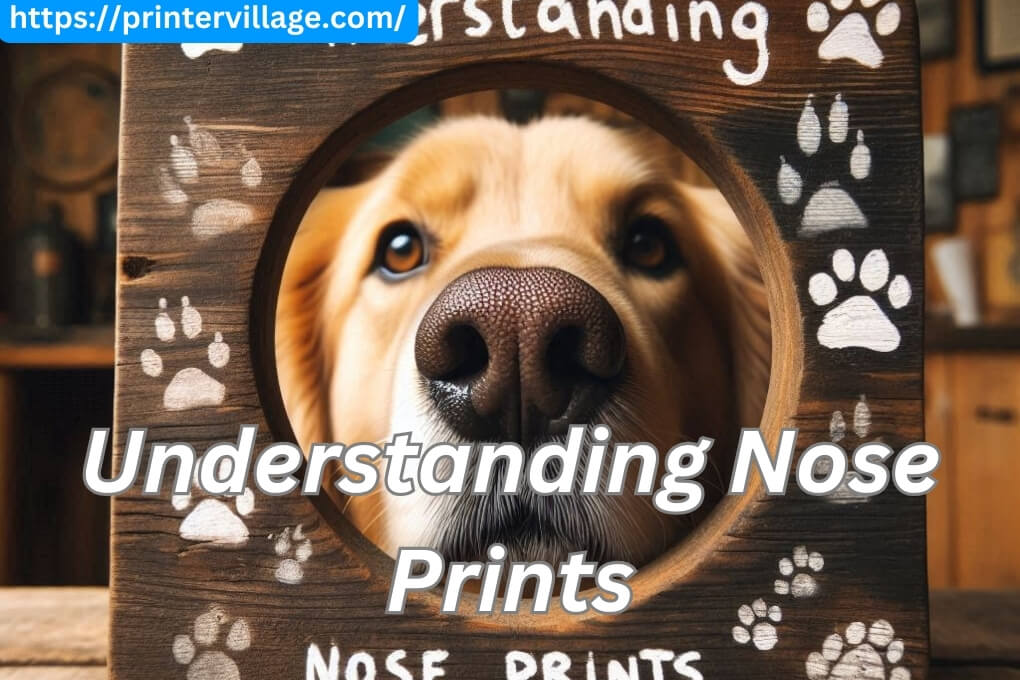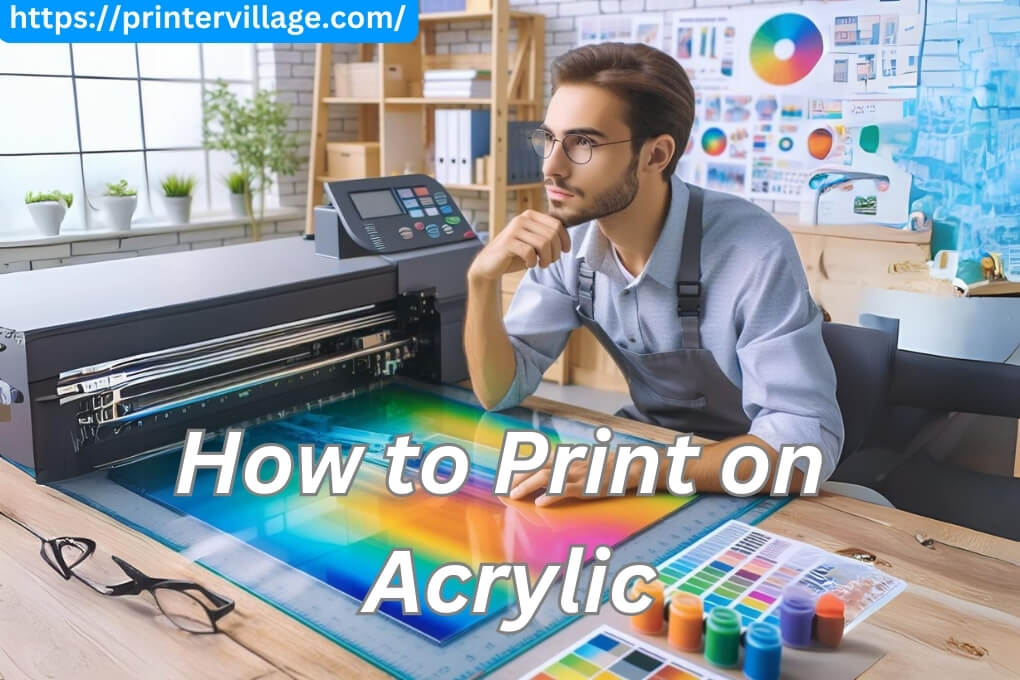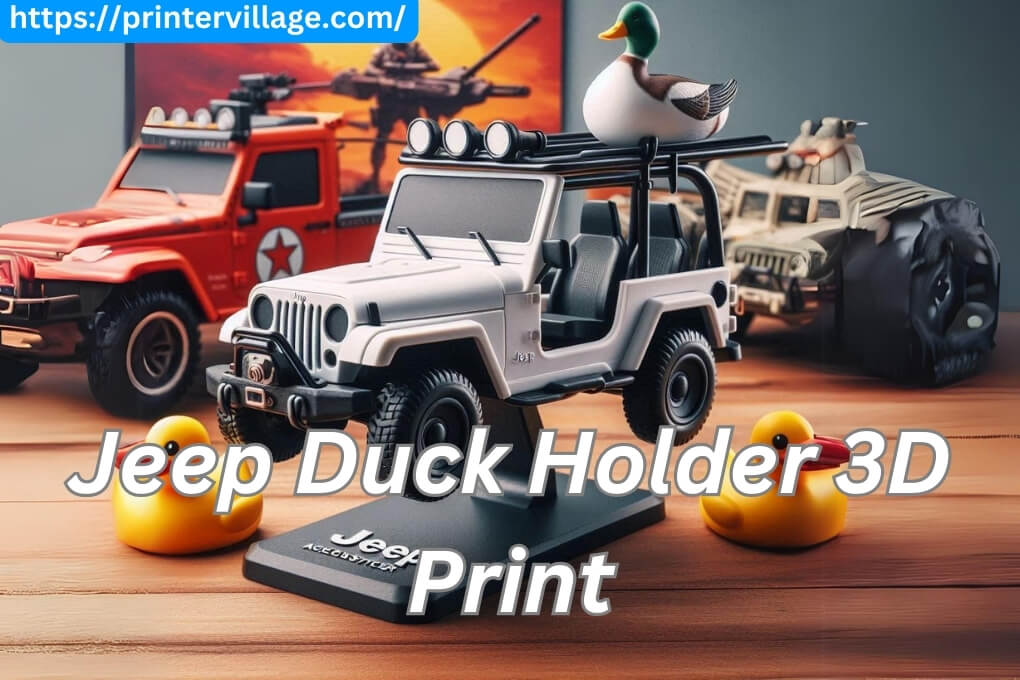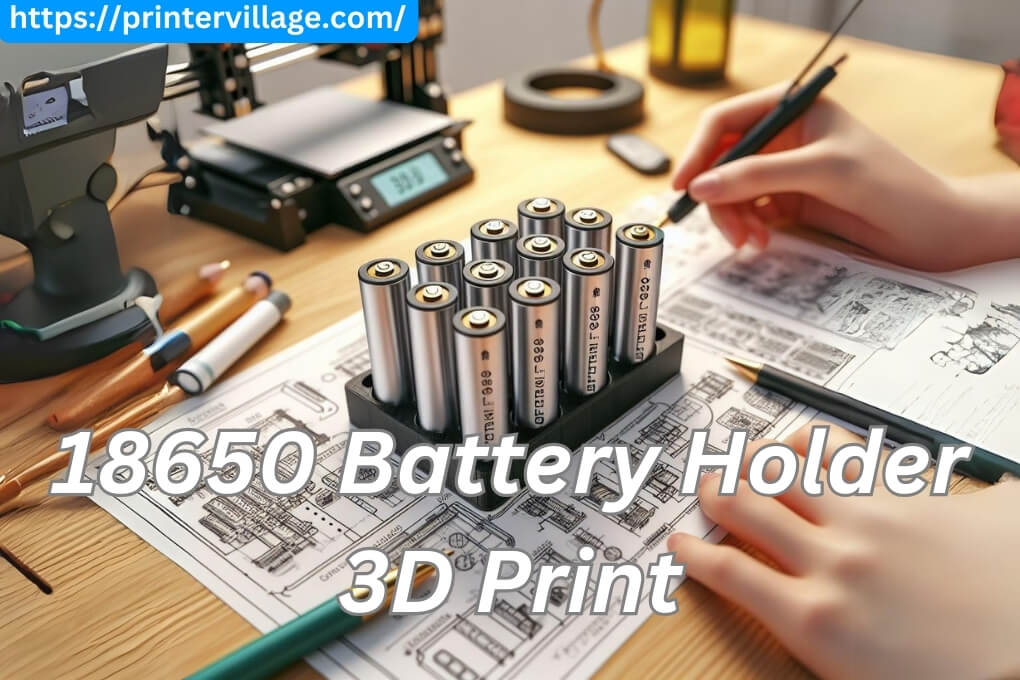A 3D printed cup holder adapter is a convenient accessory that allows you to securely hold your drink in various sizes of cup holders.
Are you tired of your drinks tipping over in your car’s cup holder? Or maybe your cup holder is too big or too small for your favorite travel mug or water bottle? A 3D printed cup holder adapter is the perfect solution to these common problems.
This innovative accessory is designed to fit into different cup holder sizes and securely hold your drink in place, preventing spills and accidents while you’re on the go. Whether you’re driving, traveling, or just sitting at your desk, a 3D printed cup holder adapter provides the convenience and peace of mind you need.
I. Benefits of Using a 3D Printed Cup Holder Adapter
When it comes to enjoying beverages on the go, having a reliable cup holder adapter can make all the difference. With the rise of 3D printing technology, creating a custom cup holder adapter has never been easier.
Here are some of the benefits you can expect when using a 3D printed cup holder adapter:
1. Versatility
A 3D printed cup holder adapter allows you to use a wide range of cup sizes and shapes. Whether you have a small coffee cup or a large water bottle, you can easily adjust the adapter to fit your needs. This versatility ensures that you never have to worry about your drink spilling or falling over while on the move.
2. Customization
With a 3D printed cup holder adapter, you have the freedom to design it according to your preferences. You can choose the color, shape, and even add personalized details to make it truly unique. This level of customization not only adds a personal touch but also ensures that the adapter matches your style and taste.
3. Durability
3D printed cup holder adapters are made from strong and durable materials such as ABS or PLA plastic. These materials are known for their ability to withstand daily wear and tear, making the adapter long-lasting and reliable. You can trust that your cup holder adapter will hold up well over time, even with frequent use.
4. Cost-effectiveness
Creating a 3D printed cup holder adapter is a cost-effective solution compared to purchasing one from a store. With a 3D printer at your disposal, you only need to invest in the materials required for printing, which are relatively inexpensive. This allows you to save money while still enjoying the benefits of a functional cup holder adapter.
5. Eco-friendly
By utilizing 3D printing technology, you contribute to a more sustainable environment. Traditional manufacturing processes often result in waste and excess materials, whereas 3D printing minimizes these environmental impacts. Additionally, 3D printed cup holder adapters can be recycled or repurposed, further reducing waste and promoting a greener lifestyle.
In conclusion,
a 3D printed cup holder adapter offers versatility, customization, durability, cost-effectiveness, and eco-friendliness. With these benefits in mind, it’s clear that 3D printing is the way to go when it comes to creating a cup holder adapter that meets your specific needs and preferences.
II. How to Design a 3D Printed Cup Holder Adapter
Designing a 3D printed cup holder adapter can be a fun and rewarding project. Whether you want to customize your cup holder to fit a specific size or shape of cup, or simply want to add a personal touch to your car or desk, 3D printing allows you to create a unique and functional adapter.
1. Start with Measurements
The first step in designing a cup holder adapter is to take accurate measurements of your cup holder. Measure the diameter and depth of the cup holder, as well as any other relevant dimensions such as the width of the opening or any obstructions that may affect the design.
2. Choose a Design Software
There are many design software options available for creating 3D models, such as Tinkercad, Fusion 360, or SketchUp. Choose a software that you are comfortable with and that offers the necessary features for your cup holder adapter design.
3. Create the 3D Model
Using the design software, create a 3D model of your cup holder adapter. Start by creating a base that matches the dimensions of your cup holder, and then build up from there to create the desired shape and functionality. Be sure to consider factors such as stability, ease of use, and any additional features you may want to incorporate, such as a slot for a handle or a built-in coaster.
4. Test and Iterate
Once you have created the initial 3D model, it’s important to test it for fit and functionality. Print a prototype using a low-cost material such as PLA, and test it in your cup holder. If any adjustments need to be made, go back to the design software and make the necessary changes. Repeat this process until you are satisfied with the fit and performance of the cup holder adapter.
5. Choose the Right 3D Printing Method
When it comes to 3D printing your cup holder adapter, there are several methods to choose from, such as Fused Deposition Modeling (FDM) or Stereolithography (SLA). Consider factors such as cost, print quality, and material options when selecting the right method for your project.
6. Print and Enjoy
Once you have finalized your design and selected the appropriate 3D printing method, it’s time to print your cup holder adapter. Follow the instructions for your specific 3D printer and material, and ensure that your printer is properly calibrated for optimal results. After printing, remove any support structures and test the cup holder adapter in your cup holder. If everything fits well, you can now enjoy your custom-designed cup holder adapter!
III. Materials and Tools Needed for 3D Printing a Cup Holder Adapter
In order to successfully 3D print a cup holder adapter, you will need the following materials and tools:
Materials:
- 3D printer filament: Choose a filament that is suitable for your specific 3D printer. PLA filament is a popular choice for beginners due to its ease of use and affordability.
- Adhesive: Depending on the type of filament you are using, you may need adhesive such as glue or adhesive tape to hold the parts of the adapter together.
Tools:
- 3D printer: You will need access to a 3D printer in order to print the cup holder adapter. If you don’t own one, you can often find local makerspaces or 3D printing services that allow you to use their printers for a fee.
- Computer and 3D modeling software: You will need a computer with 3D modeling software installed in order to design the cup holder adapter. There are many free and paid options available, such as Autodesk Fusion 360, Tinkercad, and SketchUp.
- Calipers or measuring tools: Accurate measurements are crucial when designing a cup holder adapter. Calipers or other measuring tools will help you ensure that the adapter fits perfectly into your cup holder.
- Internet access: It can be helpful to have internet access to browse online repositories for pre-designed cup holder adapter models. This can save you time and effort in designing your own adapter from scratch.
By gathering these materials and tools, you will be well-prepared to start the 3D printing process for your cup holder adapter.
IV. Tips for Successful 3D Printing of a Cup Holder Adapter
When it comes to 3D printing a cup holder adapter, there are a few tips and tricks that can help ensure a successful print. By following these guidelines, you can optimize your printing process and achieve the best results possible.
1. Choose the Right 3D Printer Settings
One of the most important factors in 3D printing is selecting the appropriate printer settings. This includes choosing the right layer height, infill density, and print speed. For a cup holder adapter, it is recommended to use a medium to high infill density to ensure the adapter is sturdy and can hold the weight of a cup. Additionally, using a lower print speed can help reduce the risk of errors or imperfections in the print.
2. Use the Correct Filament
Choosing the right filament for your cup holder adapter is crucial. PLA (polylactic acid) is a commonly used filament for 3D printing due to its ease of use and wide availability. However, if you anticipate your cup holder adapter being exposed to high temperatures, consider using a more heat-resistant filament such as ABS (acrylonitrile butadiene styrene) or PETG (polyethylene terephthalate glycol).
3. Ensure Proper Bed Adhesion
Proper bed adhesion is essential to prevent your cup holder adapter from detaching or warping during the printing process. Before starting the print, make sure your printer bed is clean and level. Using adhesive materials such as painter’s tape or a specialized 3D printing bed adhesive can also help improve bed adhesion.
4. Implement Supports if Necessary
Depending on the complexity of your cup holder adapter design, supports may be required. Supports are structures that are printed alongside your main design to provide stability and prevent sagging or collapsing. Most slicing software allows you to automatically generate supports for your print. However, be sure to carefully remove any supports after printing to achieve a clean and functional cup holder adapter.
5. Perform Regular Maintenance on Your 3D Printerg
Regular maintenance of your 3D printer is crucial for achieving consistent and high-quality prints. This includes cleaning the printer nozzle, lubricating moving parts, and ensuring the printer is properly calibrated. By keeping your printer in good condition, you can minimize the risk of print failures and achieve the best possible results for your cup holder adapter.
6. Test and Iterate
After printing your cup holder adapter, it’s important to test its functionality and make any necessary adjustments. This may involve sanding or filing down any rough edges, resizing the adapter to fit your specific cup holder, or making design modifications based on your testing results. By iterating and refining your design, you can create a cup holder adapter that perfectly suits your needs.
By following these tips, you can increase your chances of successfully 3D printing a functional and durable cup holder adapter. Remember to always experiment, learn from your mistakes, and enjoy the process of bringing your designs to life through 3D printing.
Frequently Asked Questions for 3D Printed Cup Holder Adapter
What is a 3D printed cup holder adapter?
A 3D printed cup holder adapter is a small accessory that can be attached to a standard cup holder in a car or other vehicle to provide a more secure fit for different sizes and shapes of cups or containers.
How does a 3D printed cup holder adapter work?
The adapter is designed to fit into the existing cup holder and provides a smaller, adjustable opening that can accommodate various cup sizes. It ensures a snug fit and prevents cups from tipping or sliding around during vehicle movement.
What materials are used to make a 3D printed cup holder adapter?
Most cup holder adapters are made from durable and lightweight materials such as PLA (polylactic acid) or ABS (acrylonitrile butadiene styrene) plastic, which are commonly used in 3D printing.
Can a 3D printed cup holder adapter be customized?
Yes, one of the advantages of 3D printing is the ability to customize designs. Cup holder adapters can be tailored to fit specific cup sizes or even include additional features like phone holders or compartments for small items.
How do I install a 3D printed cup holder adapter?
Installing a cup holder adapter is usually as simple as inserting it into the existing cup holder. The adapter should fit snugly, and some designs may have additional features like adjustable tabs or grips for a more secure fit.
Are 3D printed cup holder adapters compatible with all cup holders?
While most cup holder adapters are designed to fit standard cup holders found in cars, trucks, and other vehicles, it is recommended to check the dimensions of your cup holder and the adapter before purchasing to ensure compatibility.
Can I use a 3D printed cup holder adapter for hot beverages?
Most 3D printed cup holder adapters are not specifically designed for hot beverages. The heat from hot drinks may soften or deform the plastic material, potentially compromising the functionality and stability of the adapter.
Can I clean a 3D printed cup holder adapter?
Yes, cup holder adapters made from PLA or ABS plastic can typically be cleaned with mild soap and water. Avoid using abrasive cleaners or scrubbing brushes that may damage the surface or remove any printed designs.
Can I 3D print my own cup holder adapter?
If you have access to a 3D printer and the necessary design files, you can certainly 3D print your own cup holder adapter. There are various websites and online communities that offer free or paid designs for cup holder adapters.
Where can I purchase a 3D printed cup holder adapter?
You can find 3D printed cup holder adapters for sale on various online marketplaces, such as Etsy or Amazon. Additionally, local makerspaces or 3D printing service providers may offer custom cup holder adapter printing services.
conclusion on 3D Printed Cup Holder Adapter
With a 3D printed cup holder adapter, you can transform your car’s cup holder into a versatile storage solution. Designed to fit various cup holder sizes and shapes, this adapter is the perfect accessory for holding drinks, phones, keys, and more.
Made from durable and high-quality materials, it ensures a secure and stable fit. Say goodbye to spills and clutter in your car, and enjoy a more organized and convenient driving experience with this innovative 3D printed cup holder adapter.
